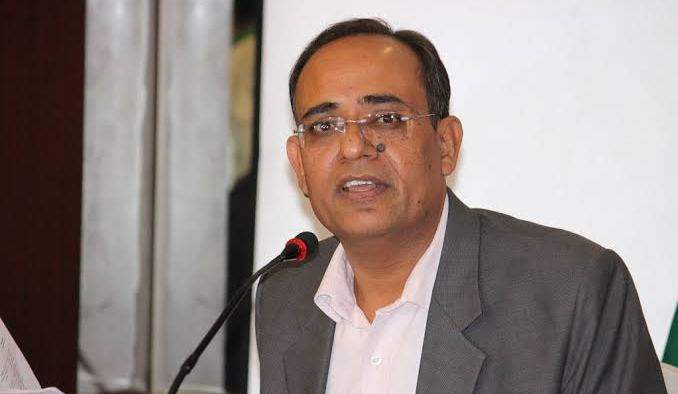- CoE Srinagar secures ‘A’ grade, Islamia college Autonomous status extended
- “J&K Degree Colleges striving hard to make 2022 the year of Academic Excellence”
SRINAGAR OCTOBER 11: The Principal Secretary Higher Education Department Rohit Kansal complimented the Government College of Education Srinagar, Islamia College of Science and Commerce Srinagar and Government Degree College Khour, Jammu on their excellent performance in the accreditation gradings. The GCOE Srinagar has been Accredited with an A grade with a CGPA of 3.24. The grading is valid for 5 years. The GDC Khour has scored a CGPA of 2.68 and has been graded as B+. The autonomous status of the Islamia College too has been extended. In a message Kansal made a special mention of the efforts of the Director Colleges as well as Principals of these colleges and their entire staff.
Following a vigorous effort by the Higher Education Department, as many as 52 degree colleges have so far been accredited under the National Assessment and Accreditation exercise conducted by the National Assessment and Accreditation Council (NAAC). While 4 colleges have secured ‘A’ grading, 1 college has secured B++ grading and 10 colleges ‘B+’ grading. As many as 26 colleges have completed the formalities and are awaiting formal inspection and award of grades. Kansal reiterated that the Higher Education Department was determined to ensure that all eligible degree colleges get NAAC accredited this year.
Besides, GCOE Srinagar, which was awarded the ‘A’ grade yesterday, GDC Baramulla, Kupwara and Pulwama too have earlierbeen accredited with ‘A’ grade. The degree college Surankote despite its remoteness and difficult geography was awarded the ‘B++’grading. In the current year itself, GDC Women Anantnag, GDC Nowshera and GDC Bishnah had secured a B+ ranking. GDC Baramulla, Government College for Women, Parade Ground Jammu and Islamia College of Science and Commerce, Srinagar have, in addition also received autonomous status. In all cases, the visiting NAAC Peer teams placed on record their appreciation for the institutions with regard to innovations in pedagogy, curricular vision in terms of renewal, implementation and operationalization, infrastructure and learning resources, material development in terms of manuals and planners, and other institutional publications.
The NAAC conducts assessment and accreditation of Higher Educational Institutions (HEI) such as colleges, universities or other recognised institutions to derive an understanding of the ‘Quality Status’ of the institution. NAAC evaluates the institutions for its conformance to the standards of quality in terms of its performance related to the educational processes and outcomes, curriculum coverage, teaching-learning processes, faculty, research, infrastructure, learning resources, organisation, governance, financial well being and student services. The NAAC accreditation is the ultimate parameter of the quality of an institution on a diverse array of parameters.
While expressing particular happiness over the performance of the degree colleges awarded gradings, Kansal expressed satisfaction over the progress being made by all degree colleges in improving quality and in achieving satisfactory rankings. He said that the National Education Policy (NEP-2020) had laid out a clear road map and vision for progressively greater autonomy of all Higher Educational Institutions (HEIs). Colleges were encouraged, supported, and incentivized to gradually attain the minimum benchmarks required for each level of accreditation. Over a period of time, it was envisaged that every college would develop into either an Autonomous degree-granting College, or a constituent college of a university. Kansal expressed confidence that J&K’s HEI were well on track to take advantage of the opportunities made available by the NEP-2020.


